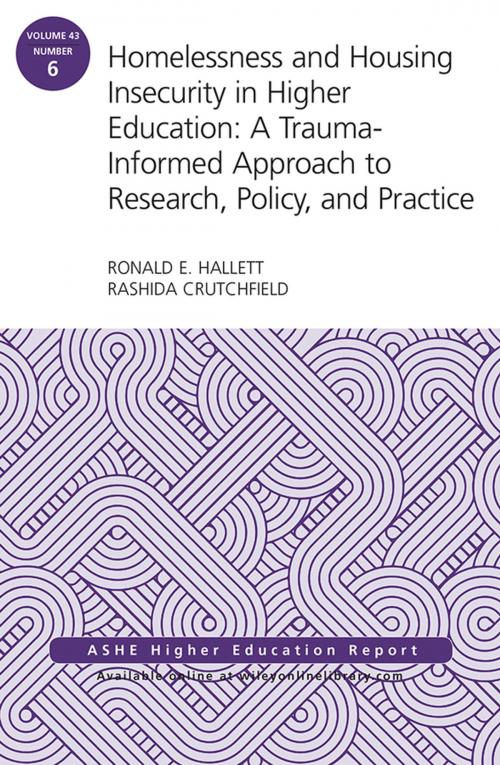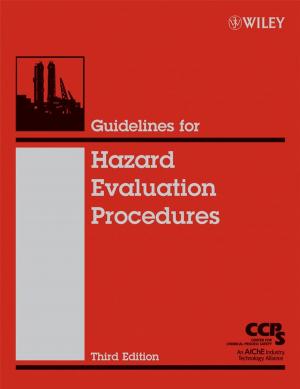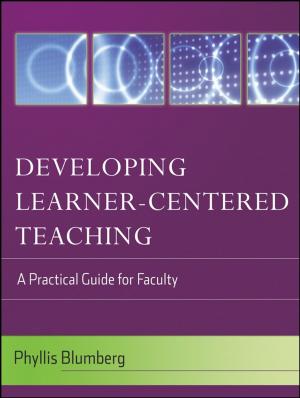Homelessness and Housing Insecurity in Higher Education
A Trauma-Informed Approach to Research, Policy, and Practice: ASHE Higher Education Report
Nonfiction, Reference & Language, Education & Teaching, Administration| Author: | Ronald E. Hallett, Rashida Crutchfield | ISBN: | 9781119482437 |
| Publisher: | Wiley | Publication: | December 22, 2017 |
| Imprint: | Jossey-Bass | Language: | English |
| Author: | Ronald E. Hallett, Rashida Crutchfield |
| ISBN: | 9781119482437 |
| Publisher: | Wiley |
| Publication: | December 22, 2017 |
| Imprint: | Jossey-Bass |
| Language: | English |
Both colleges and policymakers recognize the importance of supporting students experiencing homelessness in higher education. The challenges involve both addressing issues of college access as well as developing strategies to support retention and degree completion once enrolled.
This volume explores how homelessness intersects most social issues that marginalize individuals and negatively influence postsecondary completion, including poverty, foster care, and LGBTQ+ discrimination. As becomes evident, students experiencing homelessness should be considered in conversations about equity and access. For these students, completing some form of degree or certification beyond high school is a vital step in achieving future stability.
Topics covered include:
how residential experiences influence educational engagement and retention
an overview of research related to housing insecurity in higher education
federal and state policies related to homelessness in higher education
a trauma-informed care approach to this issue
an approach to understanding and studying housing insecurity among students
ideas that will be necessary for policy and program development.
Both colleges and policymakers recognize the importance of supporting students experiencing homelessness in higher education. The challenges involve both addressing issues of college access as well as developing strategies to support retention and degree completion once enrolled.
This volume explores how homelessness intersects most social issues that marginalize individuals and negatively influence postsecondary completion, including poverty, foster care, and LGBTQ+ discrimination. As becomes evident, students experiencing homelessness should be considered in conversations about equity and access. For these students, completing some form of degree or certification beyond high school is a vital step in achieving future stability.
Topics covered include:
how residential experiences influence educational engagement and retention
an overview of research related to housing insecurity in higher education
federal and state policies related to homelessness in higher education
a trauma-informed care approach to this issue
an approach to understanding and studying housing insecurity among students
ideas that will be necessary for policy and program development.















